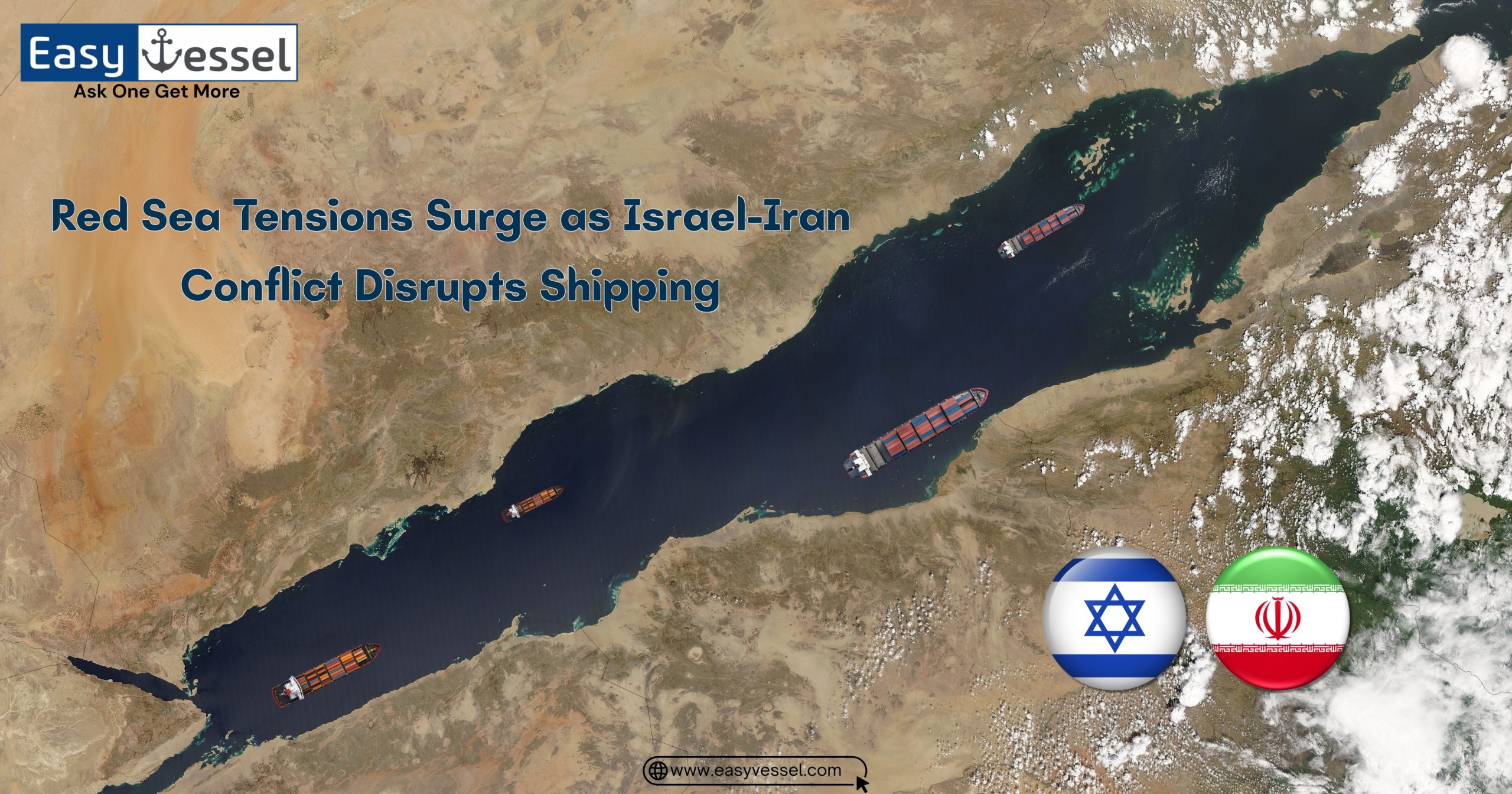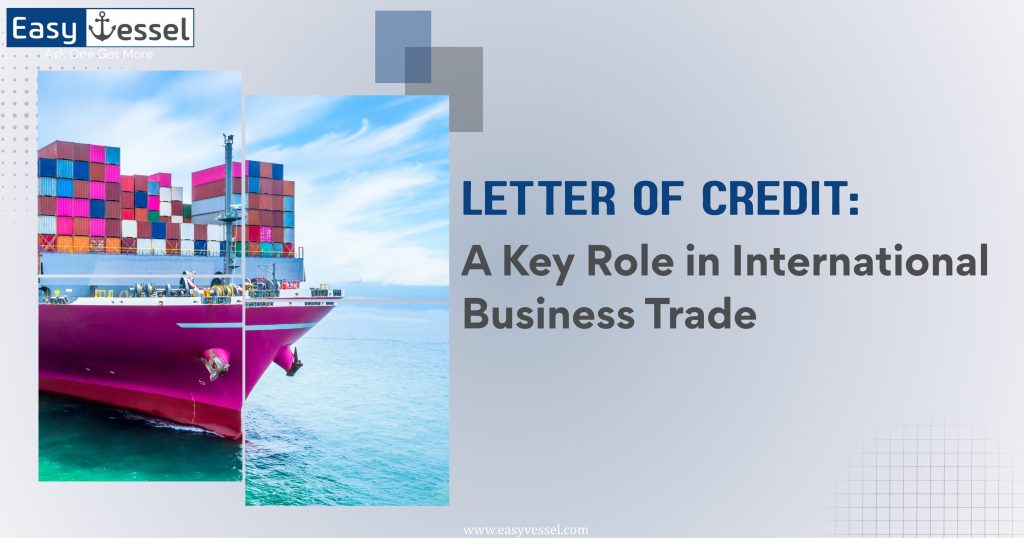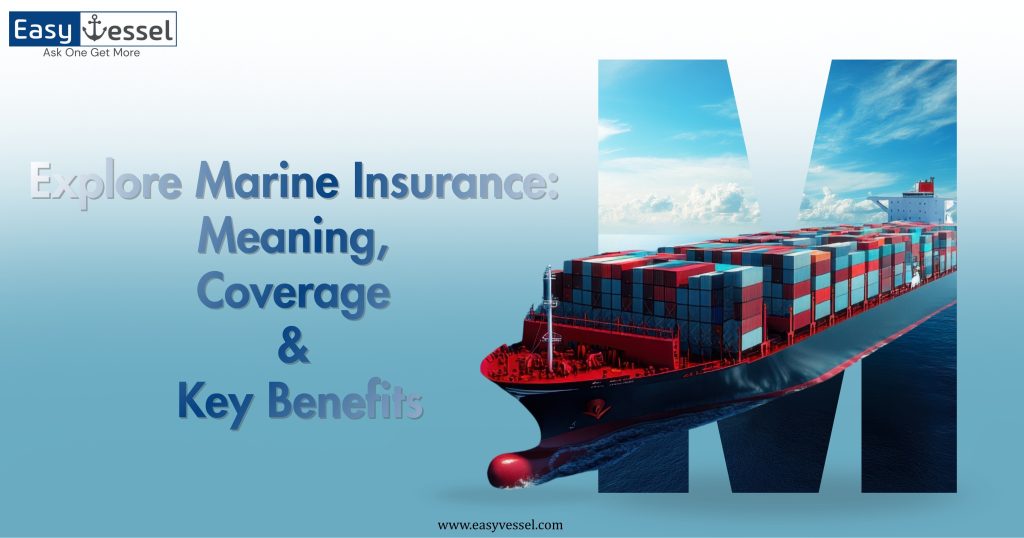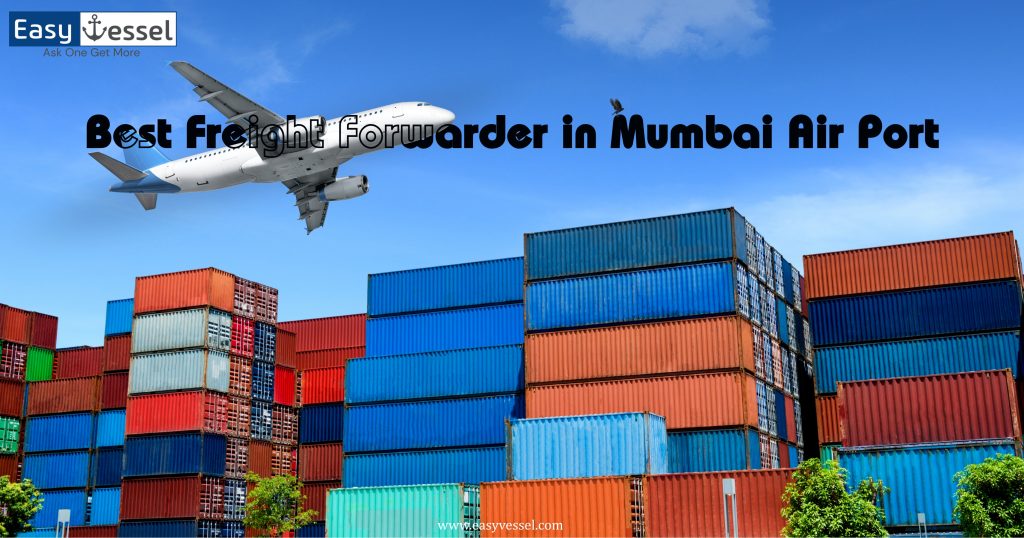The global shipping industry is once again navigating turbulent waters, both literally and geopolitically. Escalating tensions between Israel and Iran have sparked a fresh wave of security concerns across key maritime trade routes — notably the Strait of Hormuz, the Red Sea, and the Gulf of Aden. These crucial waterways, which together handle a significant portion of global oil, gas, and cargo shipments, are increasingly becoming high-risk zones, with repercussions echoing across international supply chains.
Why Are These Routes So Important?
The Strait of Hormuz is one of the most strategically vital chokepoints in the world. It connects the Persian Gulf with the Arabian Sea and is the only sea passage from the oil-rich Gulf nations to the open ocean. Around 20% of global oil trade passes through this narrow strait, making it an indispensable artery for global energy markets.
The Red Sea and Gulf of Aden, located near the Bab el-Mandeb Strait, are similarly crucial, linking the Mediterranean Sea (via the Suez Canal) with the Arabian Sea. Disruptions here impact cargo headed to Europe, Asia, and Africa. These routes serve not just oil tankers, but also container ships carrying electronics, textiles, machinery, and consumer goods.
The Impact of the Israel-Iran Conflict
As tensions rise in the Middle East — particularly between Iran and Israel — the risks to commercial vessels have increased sharply. In recent months, Iran-backed Houthi rebels in Yemen have launched drone and missile attacks on commercial ships in the Red Sea. These actions are not isolated incidents but are increasingly seen as extensions of the broader regional power struggle.
Shipping companies, already reeling from the lingering effects of the COVID-19 pandemic and Russia-Ukraine war, now face rising insurance premiums, rerouted journeys, and increased operational costs. Vessels are being diverted away from the Suez Canal and Red Sea to longer, more expensive routes around the Cape of Good Hope, adding 10–15 days of transit time and significantly raising freight rates.
Economic Repercussions
The ripple effects are being felt globally:
- Higher shipping costs for importers and exporters
- Delays in supply chains, affecting delivery of essential goods
- Increased oil prices, due to concerns over energy security
- Surge in marine insurance premiums, particularly for war risk coverage
India, one of the world’s leading exporters of rice, spices, and pharmaceuticals, is facing delays and disruptions in its shipments, particularly to Gulf and European markets. In one instance, over 100,000 tonnes of Indian basmati rice exports were stalled due to instability in the region, as per recent trade reports.
Industry Response
To mitigate risk, major shipping lines like Maersk and Hapag-Lloyd have begun rerouting vessels, while others are issuing advisories to avoid conflict-prone zones. Navies from the US, UK, and other countries are increasing patrols in the Red Sea and Arabian Sea to secure maritime routes. However, these measures are reactive rather than preventive.
The IMO (International Maritime Organization) has also urged for stronger international cooperation to ensure freedom of navigation and the safety of commercial ships.
Looking Ahead
Unless diplomatic efforts lead to a significant de-escalation, the maritime industry must brace for continued instability. The Red Sea and Strait of Hormuz are likely to remain volatile, with future flare-ups possibly extending to other parts of the Indian Ocean region.
Businesses that depend on maritime transport must begin planning for long-term alternatives, including:
- Diversifying shipping routes
- Investing in supply chain resilience
- Strengthening relationships with freight forwarders and logistics providers
The Israel-Iran conflict has turned some of the world’s busiest and most vital shipping lanes into potential flashpoints. As tensions continue to simmer, the global economy finds itself once again at the mercy of geopolitics. For now, agility, foresight, and international cooperation remain the only tools to keep global trade flowing safely.
Looking for stability amid global shipping uncertainty?
In times of maritime disruptions and rising geopolitical tensions, having a trusted logistics partner is essential. EasyVessel connects you with multiple freight forwarders to ensure you get the best freight rates and reliable routes—even during global crises. Explore smart, flexible, and efficient solutions for your global logistics needs with EasyVessel today.
Reference:
Iran–Israel proxy conflict by Wikipedia[1].
Red Sea by Wikipedia[2].
Frequently Asked Questions
The conflict between Iran and Israel stems from deep-rooted political, religious, and strategic differences. Iran does not recognize Israel as a legitimate state and openly supports groups like Hezbollah and Hamas, which oppose Israel. Israel, in turn, sees Iran’s nuclear ambitions and regional influence as direct threats to its national security.
Red Sea tensions refer to the increasing military and security threats in the Red Sea region, especially affecting commercial shipping lanes. These tensions have intensified due to conflicts involving Iran-backed Houthi rebels in Yemen, who have targeted cargo ships in the Bab el-Mandeb Strait.
The Red Sea is a vital maritime route that connects the Mediterranean Sea (via the Suez Canal) to the Arabian Sea and Indian Ocean. It serves as a major corridor for cargo ships transporting oil, gas, and goods between Europe, Asia, and Africa.
The Israel-Iran conflict indirectly impacts key shipping lanes, especially in the Red Sea and Strait of Hormuz, by increasing military tensions and security risks. Attacks on commercial vessels, threats from militant groups, and the possibility of naval confrontations force shipping companies to reroute vessels, leading to longer delivery times, higher freight rates, and global supply chain disruptions.
Several countries, including the U.S., U.K., and EU nations, have increased naval patrols in the Red Sea and surrounding waters to protect commercial vessels. Shipping companies are also enhancing security protocols and rerouting ships around the Cape of Good Hope.



